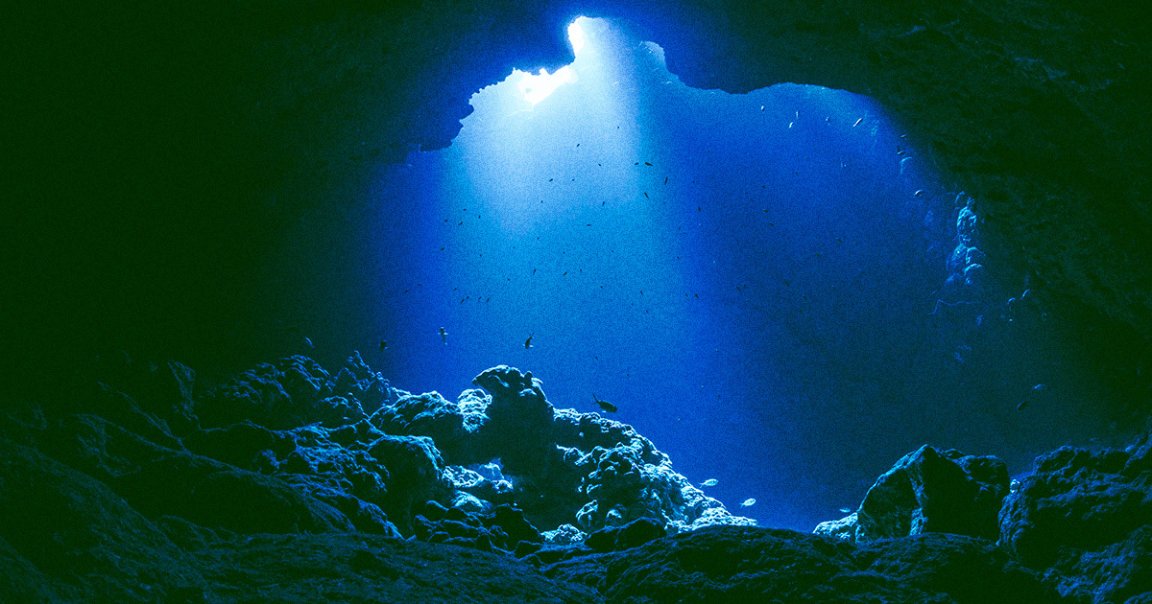
Saturn Return
Planetary scientists have a fascinating hypothesis about Saturn’s smallest moon, Mimas, which they say may be home to a “stealth” underground ocean that’s been hidden from our best observations.
In a press release out of the Southwest Research Institute, principal scientist Dr. Alyssa Rhoden said that NASA’s Cassini mission to Saturn had “identified a curious libration, or oscillation, in Mimas’ rotation, which often points to a geologically active body able to support an internal ocean.”
Translation: Mimas’ wobble seems to suggest that it could contain an ocean under its icy surface.
A specialist in the geophysics of icy satellites — say that three times fast! — Rhoden is one of the authors of a new paper published in the journal Geophysical Research Letters about the tantalizing hypothesis centered on Saturn’s smallest and innermost moon, which she jokingly admitted looks “much like the Death Star from Star Wars” because of Herschel, its huge impact crater.
Mimas Touch
If scientists can prove that Mimas has an ocean, it would represent “a new class of small, ‘stealth’ ocean worlds with surfaces that do not betray the ocean’s existence,” Rhoden said in the release.
Rhoden worked with planetary researcher Adeene Denton, formerly a Perdue graduate student who now is getting her doctorate at the senior scientist’s onetime employer, the University of Arizona — and both admit that there’s still a lot left to figure out, especially if they are able to further bolster the Mimas ocean theory.
“If Mimas has an ocean today, the ice shell has been thinning since the formation of Herschel, which could also explain the lack of fractures on Mimas,” Denton said in the release. “If Mimas is an emerging ocean world, that places important constraints on the formation, evolution and habitability of all of the mid-sized moons of Saturn.”
A random Saturnian moon may seem like a strange place for habitation, but with recent forays in habitable exoplanet research centering on bodies of water as homes for potential life, the discovery of an ocean on that distant celestial body within our Solar System could be massive.
This discovery could, as Rhoden noted, mean that other moons surrounding Saturn and even Uranus could support life as well — but urged the need for more research to figure out this intriguing question.
More on potentially habitable planets: NASA Just Discovered an Earth-Like Habitable Planet Orbiting a Nearby Star